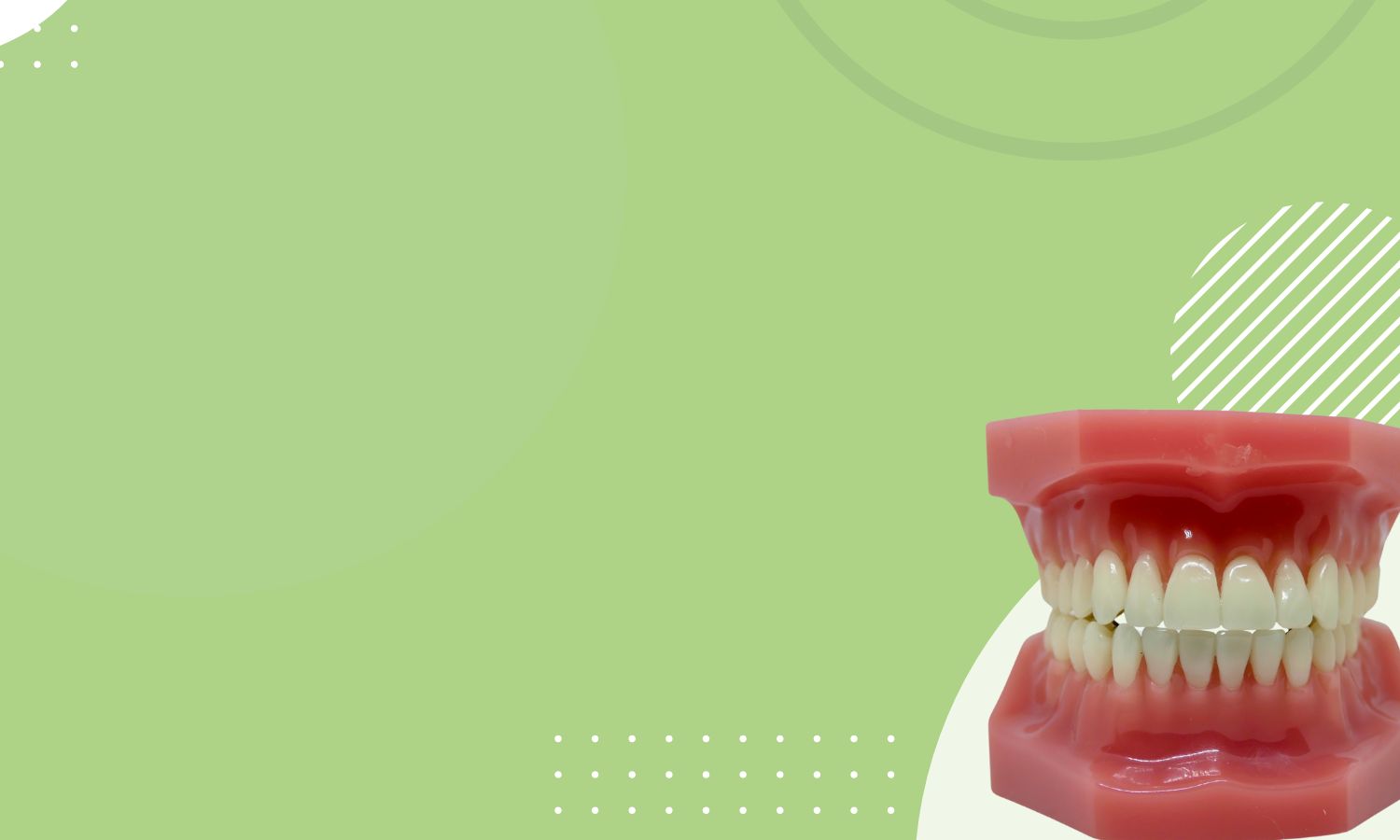Tooth decay is one of the most common dental issues faced by Australians – data from Australia’s Oral Health Tracker found that 9 out of every 10 Australians have some form of dental decay.
The prevalence of dental decay raises the question – can it be reversed?
What is Dental Decay?
Dental decay, also known as tooth decay, occurs when the surface of teeth is eroded by acid found in foods and drinks containing sugar and starches.
The early stages of dental decay only affect the outer enamel layer of teeth, resulting in the loss of minerals and the formation of white spots on the teeth. The white spots are where the tooth enamel has been damaged. Damaged enamel can be naturally repaired over time with fluoride and other minerals from toothpaste and saliva.
If left untreated, the damaged areas of enamel can deepen into the inner parts of the tooth, forming a cavity. Tooth cavities are permanent damage and cannot be naturally regenerated without dental work.
Can Dental Decay be Reversed?
Yes, dental decay can be reversed. However, the extent of recovery from decay will depend on whether there has been permanent cavity damage to the teeth.
Dental decay that has not yet developed into a cavity can be reversed with regular dental check-ups and by practising good oral hygiene. Brushing at least twice a day, after meals, with a fluoride-based toothpaste can help prevent further damage to teeth and aid in repairing damaged enamel.
Decay that has progressed to form a cavity in the tooth cannot be reversed, but it can be treated with dental fillings to prevent further damage. Dentists use a metal or composite filling material to fill in gaps created by dental cavities, stopping bacteria and other contaminants from worsening the tooth decay.
The Importance of Treating Dental Decay for Children
Children are more likely to develop dental decay due to the softer and thinner enamel layer of baby or ‘milk’ teeth. While baby teeth are only temporary and will be replaced by a set of permanent teeth at a later age, tooth decay can still cause pain and spread throughout the mouth if not addressed quickly.
Dental statistics from the Australian Institute of Health and Welfare indicate that 24% of children between 6-14 years old had experienced decay in permanent teeth. If this decay remains untreated, it can lead to permanent cavities, affecting oral health and the appearance of the smile throughout adult life.
When to Seek Treatment for Dental Decay
Early signs of dental decay, such as the formation of white spots, can be difficult to detect without dental expertise. The best way to prevent and reverse dental decay is to attend regular check-ups with your dentist who can identify and treat tooth decay before it develops into a cavity.
Signs of severe dental decay include visible holes or chipping in the tooth, spots of dark discolouration, frequent toothaches, and sensitivity when eating hot or cold foods. If you experience any of these symptoms, book an appointment with your dentist to address tooth decay.
Riverina Dental Albury is a local dental clinic in Albury, servicing residents in the Albury–Wodonga region. We provide regular dental check-ups for children, adults, and seniors to prevent dental decay and ensure good oral health for the long term.




